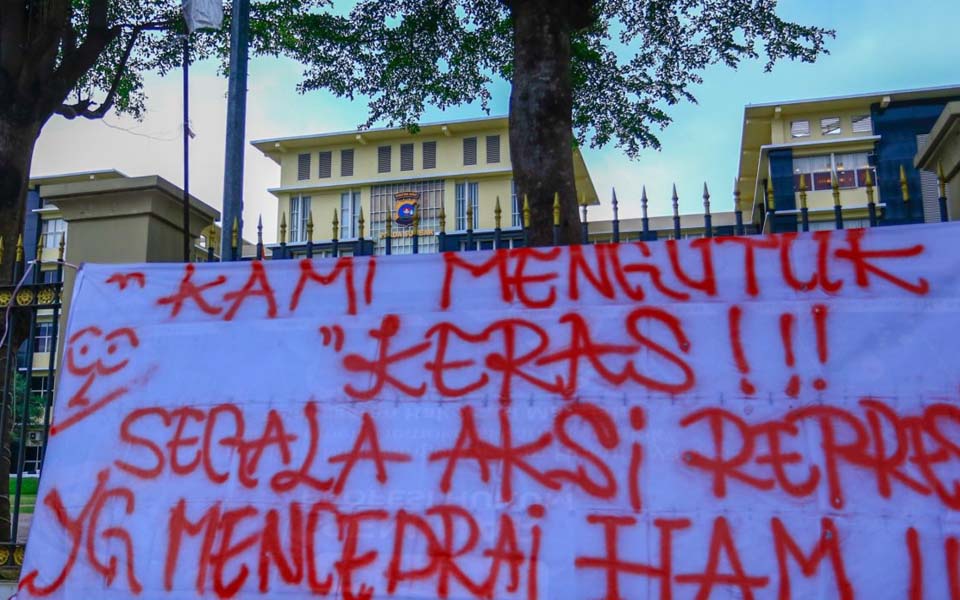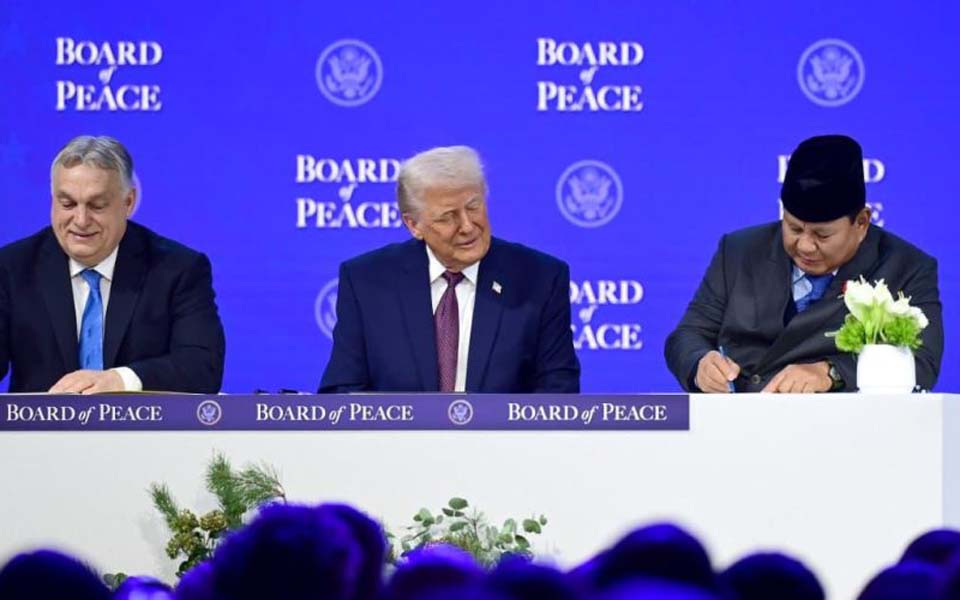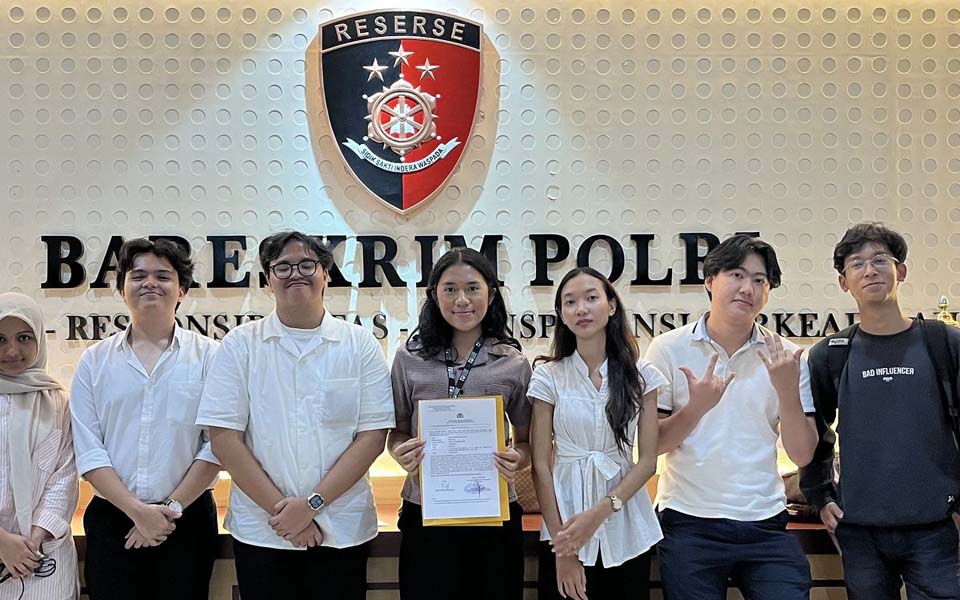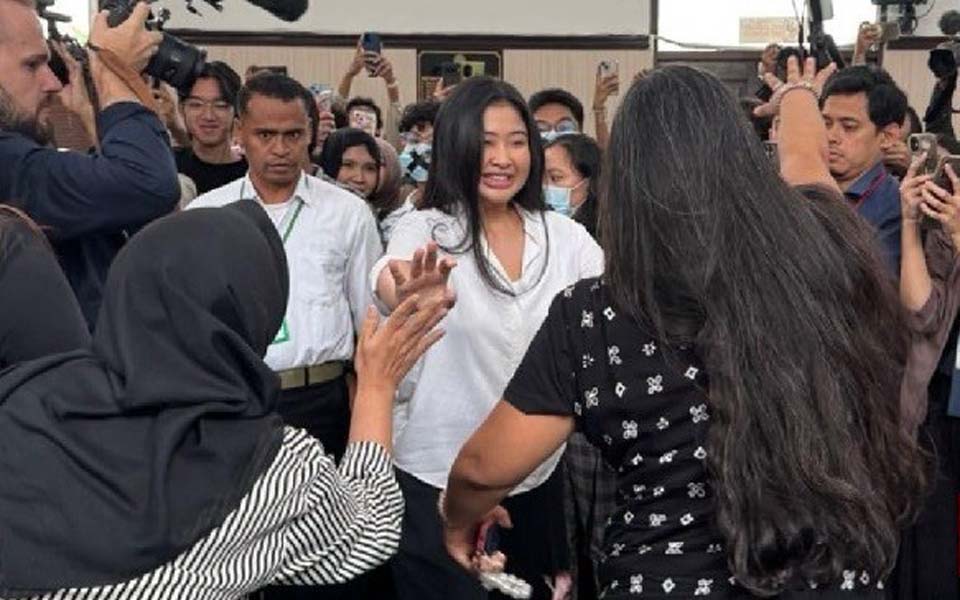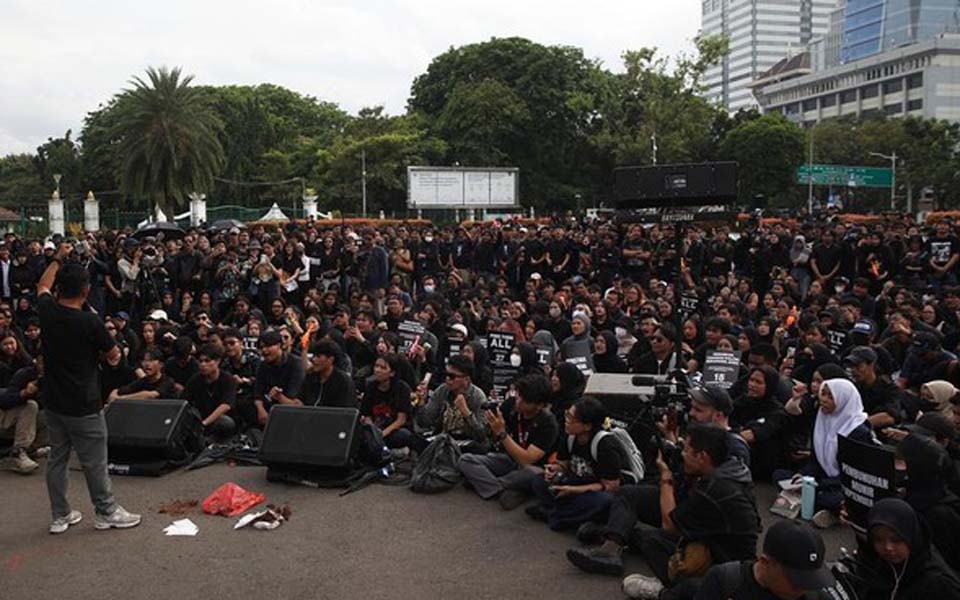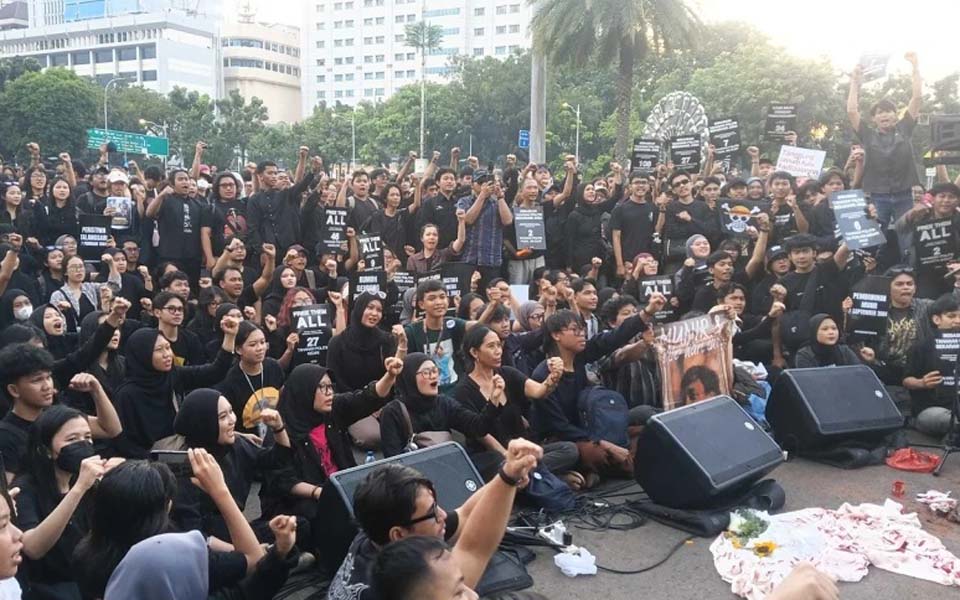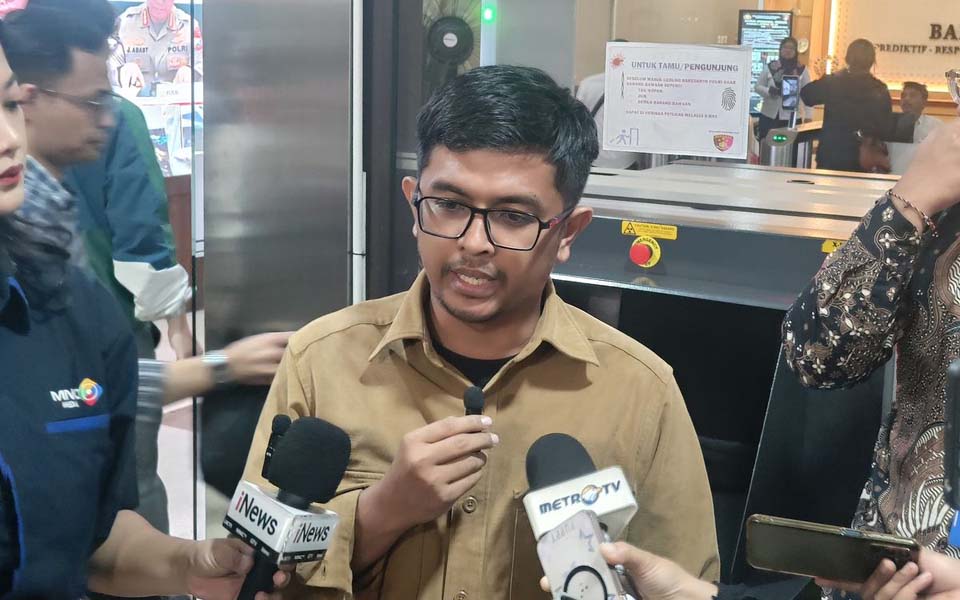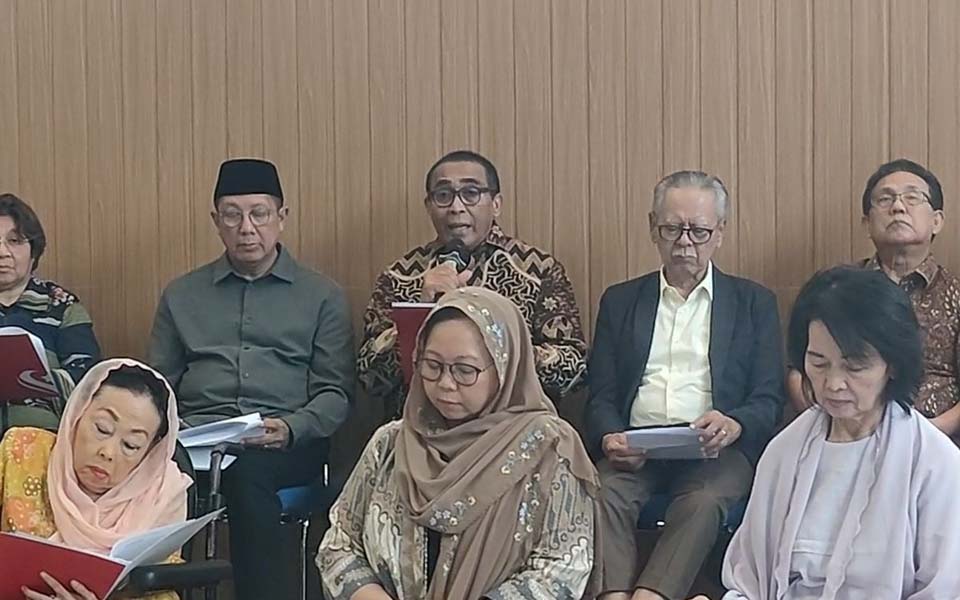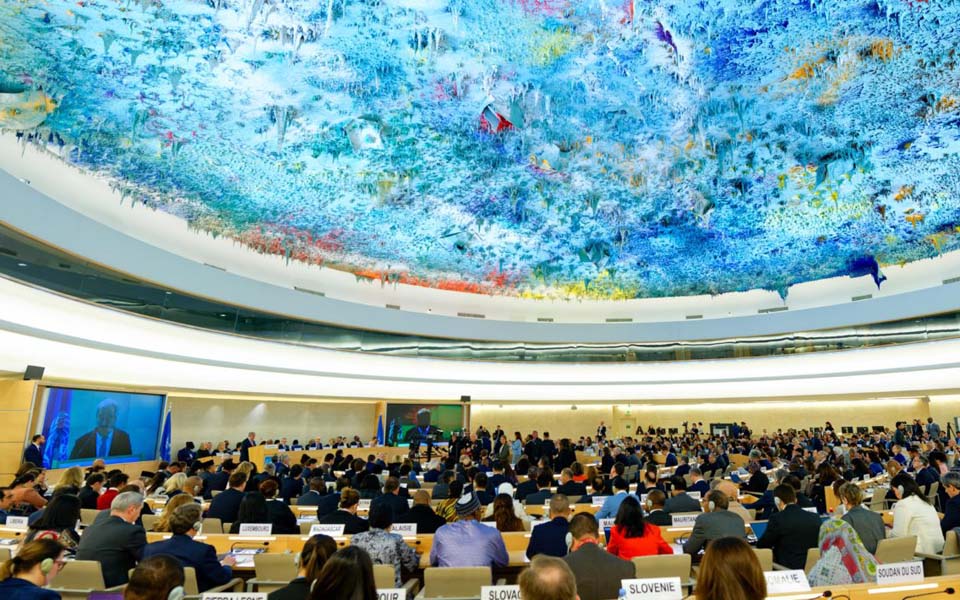More than 100 human rights defenders experienced various forms of attacks in the first half of 2025 said Amnesty International Indonesia today in Jakarta. Between January and June 2025, Amnesty International noted that at least 104 human rights defenders became victims of attacks recorded in 54 cases.
More than half of the victims of the attacks on human rights defenders in the first half of 2025 occurred against indigenous community members fighting for their rights to land and also journalists who were attacked because of their journalistic work, 36 indigenous community members and 31 journalists respectively.
Other human rights defenders who experienced attacks were community leaders (8), fishers (7), human rights activists (4), student activists (6), environmental activists (3), academics (2), farmers (2), anti-corruption activists (1), labour activists (1), advocates (1), teachers (1) and whistleblowers (1).
Of the 53 cases of attacks that occurred during the period January to June 2025, the police (Polri) were the actor suspected of carrying out the most attacks on human rights defenders, namely 20 cases. This number is more than all other actors including, private companies (7) government employees (3), members of the TNI (Indonesian Military) (1), Satpol PP (Public Order Agency officials) (2) and others.
"Since January we recorded many attacks on human rights defenders. The climax occurred in May when 35 human rights defenders became victims of attacks, said Amnesty International Indonesia Executive Director Usman Hamid.
"This fact shows that the government failed to respect efforts at human rights protection in Indonesia. In fact, indigenous peoples who fight for their rights to land are still victims of attacks. This must be stopped immediately. The government must openly condemn the attacks, threats and intimidation against human rights defenders", Hamid added.
Amnesty International recorded five forms of attacks on human rights defenders, namely reporting to the police, arrests, criminalisation, intimidation and physical attacks as well as attacks on institutions where human rights defenders work.
Amnesty International defines human rights defenders as those who alone or jointly defend and/or encourage human rights enforcement at the local, national, regional or international levels through peaceful means without igniting hatred or violence and not in a discriminatory manner.
They can come from various different groups and work to advance human rights professionally and voluntarily ranging from journalists to indigenous peoples, lawyers, members of the trade unions, reporters (whistleblowers), farmers, victims and families of victims of human rights violations
Reporting to police, arrests and criminalisation
As many as 41 human rights defenders, including 21 members of indigenous communities, seven fishers and eight community leaders were reported to the police during the period January to June 2025.
The police also arrested seven human rights defenders, namely one human rights activist, two environmental activists, one indigenous community activist, one labour activist, one student activist and one farmer in the same period.
Meanwhile Amnesty International also recorded at least 15 human rights defenders who were victims of criminalisation by the police. Eleven of them were indigenous peoples, one environmental activist, one whistleblower, one advocate and one farmer.
On May 16, the police criminalised eleven indigenous people from Maba Sangaji in East Halmahera by declaring them suspects after they opposed mining activities damaging their customary land.
Meanwhile in May, a whistleblower was named a suspect for leaking confidential institutional information after reporting alleged corruption in a case involving zakat (religious alms) funds at the West Java National Charity Agency (Baznas).
"Instead of protecting whistleblowers, Polri instead showed an authoritarian face by criminalising them, especially in responding to legitimate civilian activities protected by the Constitution", said Hamid.
"The attack on human rights defenders from indigenous communities shows the failure of the state to fulfil its obligations to solicit views and involve the community in every development activity that affects them", Hamid added.
Intimidation and physical attacks
During the first half of 2025, Amnesty International recorded as many as 30 cases of intimidation and physical attacks against 38 human rights defenders with 26 of these being journalists involving 29 individuals.
In many cases since the beginning of this year, the perpetrators of violence against journalists were police. As of June 2025 however, there have been no reports police officers who have been thoroughly processed in criminal cases of violence against journalists.
In Jakarta, a journalist from the media progreSIP.id was set upon by around ten people who were allegedly police officers who were not in uniform who accused him of being an anarchist, even though the victim had shown them their journalist ID.
In Semarang, a journalist from Tempo media was attacked twice by the authorities while covering International Labour Day (May Day) protests last May. The first attack occurred in the afternoon when the victim was covering a demonstration in front of the Central Java governor's office gates. He was intimidated and suffered physical violence including having his neck pinned then slammed to the ground by police.
Aside from violence at demonstrations, there were also cases of other police violence. Semarang was again the location of such a case when an aide to the Indonesian police chief pushed and hit a photographer from the Antara state news agency when covering a visit by the police chief to the Tawang Train Station on April 5.
"Cases of police attacks on journalists indicate that many members of the police do not understand that journalism is a profession protected by law. Usually perpetrators are only given administrative sanctions or even not processed at all. Impunity like this becomes a bad precedent for press freedom in Indonesia, considering that the police who are supposed to be protectors have instead become the perpetrators of violence", said Hamid.
Attacks on human rights institutions
Amnesty International recorded three cases of attacks on institutions where human rights defenders work between January and June 2025.
On March 16 the offices of the Commission for Missing Persons and Victims of Violence (Kontras) was targeted by an act of terror by three unknown people after Kontras activists had earlier protested against secret discussions by lawmakers on revisions to TNI Law at the Fairmont Hotel in Jakarta.
Meanwhile, the Tempo editorial office suffered a terror attack on March 19 when a package containing a dead pig's head was sent to a Tempo journalist, and on March 22 when the office received a package containing six decapitated rats.
"To this day the police have not succeeded in uncovering the masterminds behind the terror attacks on human rights defenders' offices, including in investigating previous cases, such as the terror of throwing Molotov cocktails at the Jubi editorial office in Jayapura on October 16, 2024", said Hamid.
"This kind of terror will continue to occur if the police remain unable to resolve or uncover the perpetrators on the ground or the masterminds behind the terror against human rights organisations", Hamid added.
Why have attacks on rights defenders increased?
Amnesty International believes that the rise of authoritarian practices and policies, as well as the militarisation of civilian space, has had serious implications for human rights in the first half of 2025.
"As a result, those who work to fight for civil and political rights as well as economic, social and cultural rights are highly vulnerable to attacks", Hamid said.
Ironically, this deterioration in human rights is supported by Indonesia's highest leader, the president, who seeks to divide civil society through his ultra-nationalist rhetoric.
The President has attacked the credibility of non-government organisations (NGOs) accusing them of serving foreign interests and playing a divisive role at a time when civil society is monitoring the administration.
And instead of overseeing the government, the House of Representatives (DPR) has passed legislation that expands the military's role in government, law enforcement, the economy and social life, while the military and police continue to use repressive tactics to deal with public criticism and protests.
"Civil society is a bulwark for the protection of human rights in Indonesia after the last 10 years or more when the government has operated seemingly without control from institutions that should oversee the running of government such as the DPR", Hamid said.
The president and the DPR are still seen continuing development policies that are not human rights friendly, namely the development of National Strategic Projects (PSN) without meaningful community consultation.
"When indigenous people defend their land and reject development policies, they are instead criminalised", Hamid said.
And it is not just communities that experience difficulties participating, but human rights defenders, including traditional figures, journalists and activists, who articulated civil liberties, anti-corruption, and environmental conservation, who continue to face threats, violence and even criminalisation.
New law needed to protect human rights defenders
National Commission on Human Rights (Komnas HAM) Regulation Number 5/2015 on Procedures for the Protection of Human Rights Defenders stipulates protective measures for human rights defenders. This regulation however does not adequately protect human rights defenders in Indonesia.
Human rights defenders in the environmental sector are also frequently criminalised even though they are legally protected by Article 66 of Law Number 32/2009 on Environmental Protection and Management (UU PPLH).
Therefore the DPR must immediately formulate new legislation that protects human rights defenders in Indonesia from all types of threats and violence.
"The DPR must ensure that new regulations do not undermine freedom of expression and peaceful assembly and are in line with international human rights standards", Hamid said.
[Translated by James Balowski. The original title of the article was "Serangan terhadap pembela HAM masif terjadi di paruh pertama 2025".]





